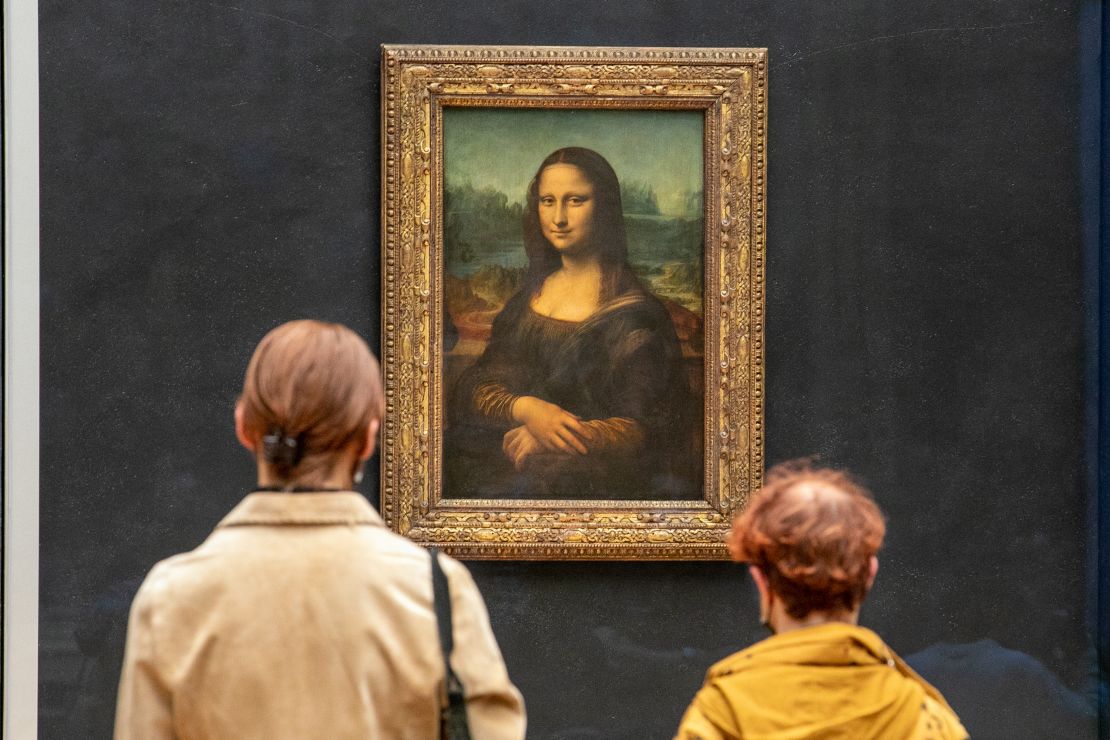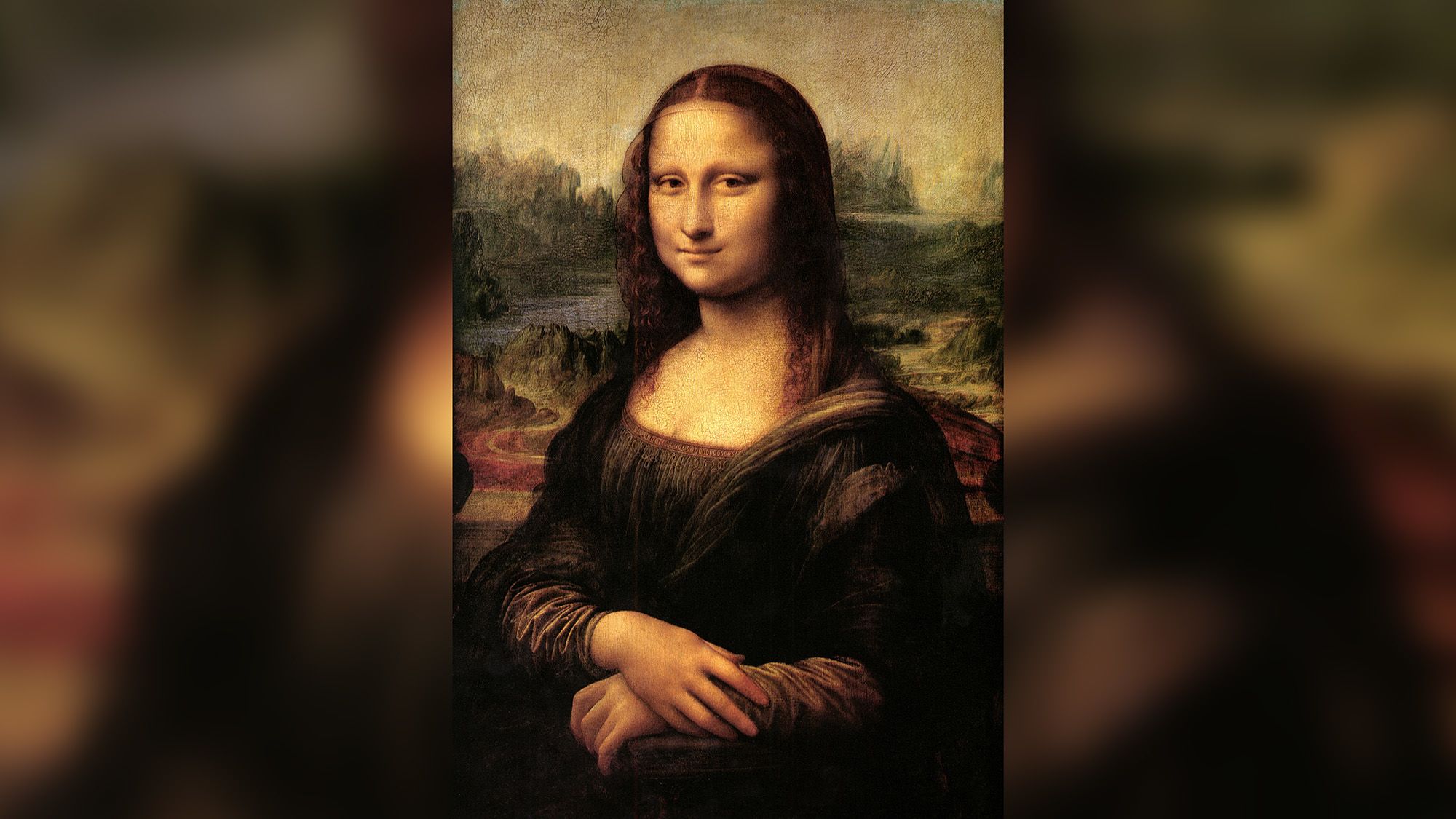Leonardo Da Vinci’s “Mona Lisa” is one of the best-known artworks in the world, famous for its beauty as well as the mystery surrounding the identity of the model and the location painted behind her.
A source of debate for centuries, the village of Ponte Buriano, a suburb of Arezzo in the Tuscany region of Italy, is so convinced the bridge behind Mona Lisa is the Ponte Buriano that they’ve made it a key feature of their local tourism campaign, even laying claim to the bridge on the village’s welcome sign.
But now, historian Silvano Vinceti says that the bridge behind Mona Lisa is actually the Romito Bridge in the nearby Tuscan town of Laterina.
“The distinctive form of the Arno [River] along that stretch of territory corresponds to what Leonardo portrayed in the landscape to the left of the woman depicted in the famous painting,” Vinceti said at a media conference at the Foreign Press Association in Rome on Wednesday.
Vinceti also made a virtual reconstruction of the bridge to show the similarities, and drew on documents from the state archives in Florence.
The “Mona Lisa” was painted in the early 16th century.
Between 1501 and 1503 Da Vinci lived with Cardinal Cesare Borgia near Laterina, Vinceti found. The bridge was in use and had four arches – as depicted in the artwork.
On the other hand, the Buriano bridge has six arches, Vinceti said, and Ponte Bobbio, a bridge in Piacenza that some say features in the painting, has more than six arches.
The Romito bridge linked Arezzo, Fiesole and Florence but is now in ruins. Vinceti said he studied drone images of the river banks, the ruins and photographs over the years to determine that the “Etruscan-Roman Romito bridge is unmistakably” the one in the background.

Laterina mayor Simona Neri was also in attendance at the press conference and is excited about the prospect of claiming the bridge to bring tourists to her town of 3,500 people.
“We really hope that this wonderful news will intrigue and fascinate local and foreign tourists, with the knowledge that it will be a great opportunity to relaunch the tourism of our territory on which we can work a lot starting from naturalistic, cultural and monumental valuation,” she said.
“We need to try to protect what’s left of the bridge, which will require funding,” Neri said, noting that there are funds available for most areas tied to Da Vinci and other masters.
“There’ll be some rivalry; we’ll need to put a poster up, too,” she added.
Da Vinci’s 16th century masterpiece is now housed at the Louvre in the Paris, where it is seen by millions of visitors each year. But experts say it owes its global fame to the fact that it was stolen from the gallery by Italian handyman Vincenzo Peruggia in 1911, rather than any artistic singularity.
“If a different one of Leonardo’s works had been stolen, then that would have been the most famous work in the world – not the ‘Mona Lisa,’” Noah Charney, professor of art history and author of “The Thefts of the Mona Lisa,” said in 2013, which marked the 100-year anniversary of when the painting was recovered.
“There was nothing that really distinguished it per se, other than it was a very good work by a very famous artist – that’s until it was stolen,” he added. “The theft is what really skyrocketed its appeal and made it a household name.”
Correction: This story has been updated to correct the name of the village that has long laid claim to the location of the bridge in the “Mona Lisa” artwork.



